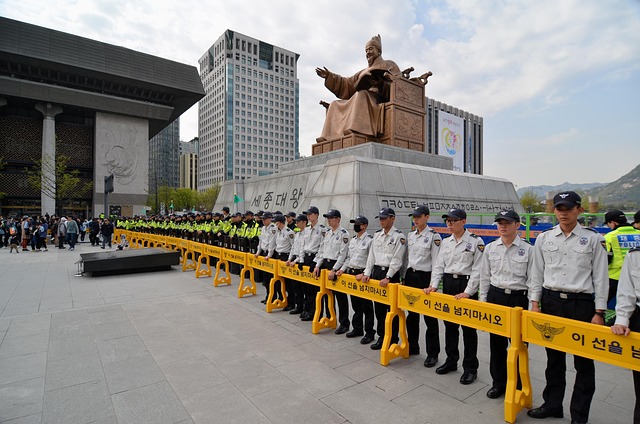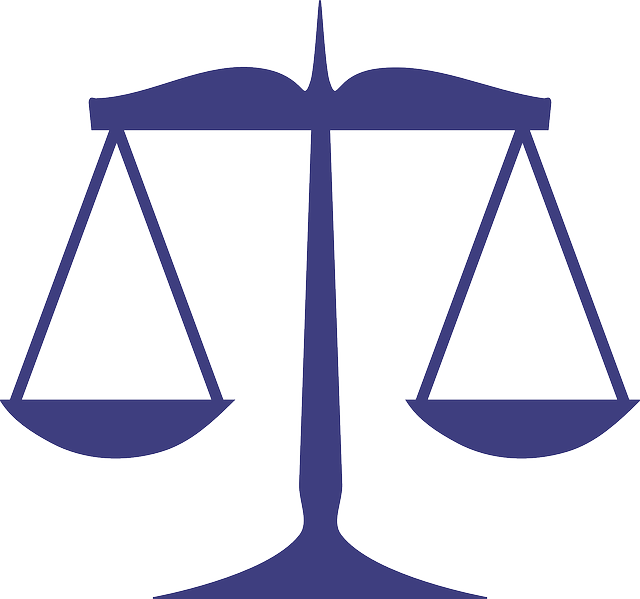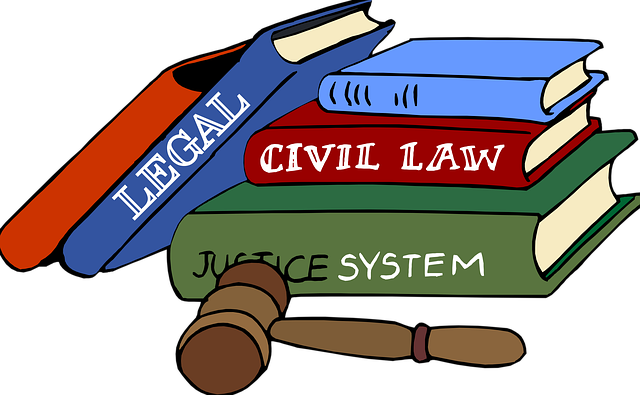Antitrust violation cases involve illegal business practices like price-fixing and market division, which harm competition and drive up prices. To file a complaint under employment law, individuals or businesses must gather evidence, consult legal experts, and prepare a detailed submission highlighting the negative impacts on competition and consumers. The process includes investigating violations, gathering compelling evidence, consulting with antitrust specialists, preparing a complaint, and seeking outcomes such as monetary damages or injunctive relief. Following these Steps to File an Employment Law Complaint is crucial for resolving cases effectively, potentially leading to charges being dismissed.
“Antitrust violation cases play a crucial role in maintaining fair competition in the market. This comprehensive guide delves into the intricate world of employment law suits, focusing on how individuals can navigate the process of filing a complaint. Understanding what constitutes an illegal antitrust practice is the first step. We explore eligibility criteria for such suits, outlining who can bring forward a claim.
The article then guides readers through the practical steps to initiate an antitrust violation lawsuit, emphasizing the importance of evidence gathering and documentation. Additionally, it offers insights into what to expect post-complaint submission, providing a roadmap for navigating the legal system.”
- Understanding Antitrust Violation Cases: What Constitutes an Illegal Practice?
- Who Can File a Complaint: Eligibility Criteria for Employment Law Suits
- The Process of Filing: Steps to Initiate an Antitrust Violation Lawsuit
- Gathering Evidence and Supporting Documentation for Your Claim
- Navigating the Legal System: What to Expect After Submitting Your Complaint
Understanding Antitrust Violation Cases: What Constitutes an Illegal Practice?

Antitrust violation cases revolve around illegal practices that restrict competition and drive up prices in the marketplace. These can include price-fixing agreements between companies, market division strategies, and abuse of dominant market positions. Understanding what constitutes an antitrust violation is crucial for both businesses and consumers. For instance, if a group of companies collude to set higher prices for goods or services, it not only hurts consumers but also stifles innovation and competition.
When addressing potential antitrust violations, the steps to file an employment law complaint are similar to other legal processes. Individuals or businesses believing they’ve been affected by such practices can gather evidence, consult with legal experts specializing in high-stakes cases, and prepare a detailed submission outlining the alleged violation. The goal is to demonstrate harmful effects on competition and consumers, which may lead to a complete dismissal of all charges if the case is strong.
Who Can File a Complaint: Eligibility Criteria for Employment Law Suits
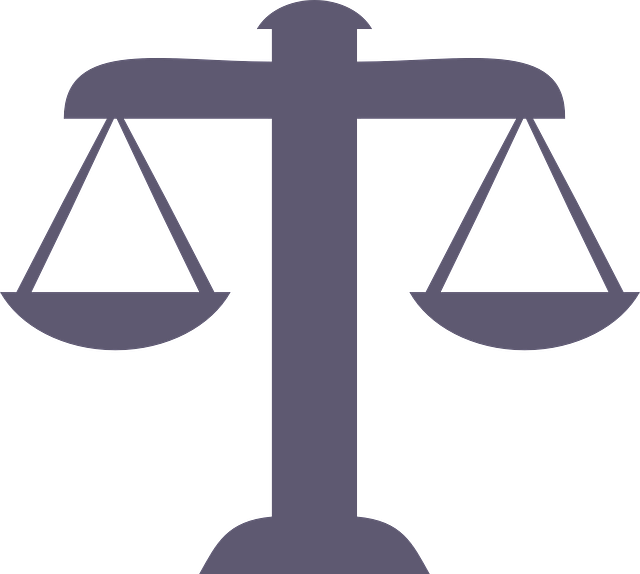
Anyone who believes they have been affected by an antitrust violation can file a complaint, provided they meet certain eligibility criteria for employment law suits. Individuals or groups who have suffered financial loss due to anticompetitive practices can bring legal action against the offending party. This includes scenarios where businesses collude to fix prices, rig bids, or engage in other prohibited conduct that hurts consumers and fair market competition.
The steps to file an employment law complaint typically involve gathering evidence of the violation, consulting with a legal professional experienced in antitrust litigation, and submitting a detailed claim to the appropriate regulatory body or court. An unprecedented track record of achieving extraordinary results in high-stakes cases underscores the importance of choosing a skilled attorney who understands complex antitrust laws and can navigate these delicate matters effectively.
The Process of Filing: Steps to Initiate an Antitrust Violation Lawsuit
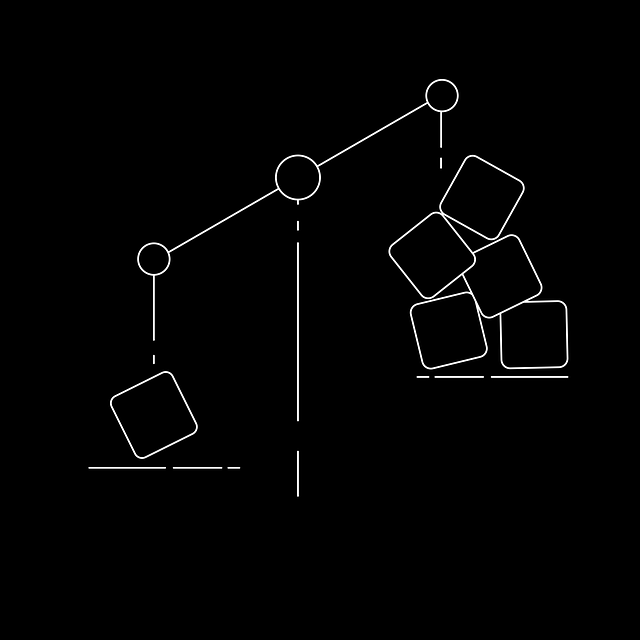
The process of filing an antitrust violation lawsuit involves several crucial steps. It begins with a thorough investigation to identify potential violations, including price-fixing, market division, or monopolistic practices. Next, affected parties must gather compelling evidence and consult with experienced legal counsel specializing in antitrust law. This is essential as the complexity of these cases demands expertise in navigating intricate regulations and legal precedents.
To initiate a lawsuit, plaintiffs should prepare and file a detailed complaint, outlining the specific antitrust violations, their impact, and the damages incurred. The court will review this document to ensure it meets the necessary legal standards. A successful filing can lead to significant outcomes, including monetary damages, injunctive relief, or even the dismantling of anti-competitive practices, as evidenced by companies’ unprecedented track records in avoiding indictment through robust defense strategies.
Gathering Evidence and Supporting Documentation for Your Claim

Gathering evidence is a crucial step when filing an antitrust violation case or any employment law complaint. It’s essential to collect and organize all relevant documents that support your claim. Start by reviewing any contracts, emails, financial records, or internal company policies that highlight the alleged anticompetitive behavior. These primary sources can be powerful tools in demonstrating violations of antitrust laws or employment rights.
Additionally, consider seeking expert opinions or legal advice from a reputable general criminal defense or white-collar defense attorney. They can provide guidance on navigating the legal process and help you understand what constitutes strong evidence for your specific case. By following these steps to file an employment law complaint with thorough documentation, you’ll be better equipped to achieve extraordinary results in resolving antitrust violation cases.
Navigating the Legal System: What to Expect After Submitting Your Complaint

After submitting your complaint regarding an antitrust violation, it’s important to understand what follows. The legal system is a complex labyrinth, but with the right preparation, you can navigate it effectively. Initially, expect a period of investigation where both parties—you and the alleged violator—present their cases. This involves gathering evidence, depositions, and legal arguments.
The outcome can vary greatly. In some cases, the agency may issue a complete dismissal of all charges, finding no violation occurred. Alternatively, they might impose penalties or require changes to the company’s practices to ensure compliance with antitrust laws. Keep in mind that even if charged, a general criminal defense strategy can help mitigate potential consequences for the accused party, focusing on factors like intent and the impact of actions within the broader context of philanthropic and political communities.
Understanding antitrust violation cases is crucial for navigating employment law suits. By familiarizing yourself with what constitutes an illegal practice, eligibility criteria, and the steps to file a complaint, you can initiate a strong legal process. Gathering compelling evidence and documenting your claim effectively is key to success. Remember that navigating the legal system requires patience as you submit your complaint and prepare for potential proceedings, ensuring you seek professional guidance along the way. These steps empower folks to address antitrust breaches in the workplace and foster a fairer employment landscape.
